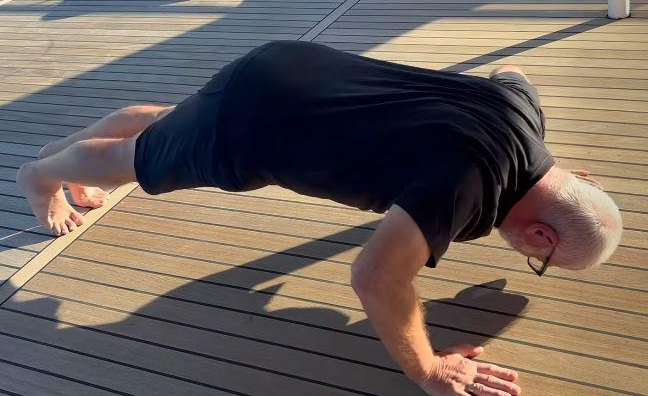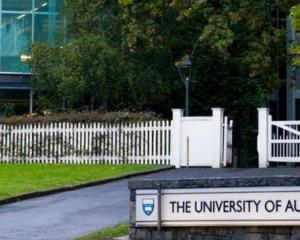
He completed 739 push-ups over September to represent the 739 men who died from prostate cancer last year.
The 69-year-old Akaroa GP took on the challenge to raise money for Blue September, an initiative that supports awareness and research for prostate cancer.
Wilson is chair of the Akaroa Men’s Shed Trust, which has previously run events for the campaign.

This year, the focus was on exercise, encouraging participants to walk, cycle, or do push-ups for the cause.
Having worked as a GP at Akaroa Health for 33 years, Wilson has seen first-hand the importance of getting checked before it is too late.
He decided to take on the challenge himself, though early practice runs in August proved tougher than expected.
Wilson set a fundraising goal of $1000, thinking it might be difficult to reach.
He ended up raising $5972 - the fifth-highest total by an individual nationally, and the most by anyone doing push-ups.
“It’s quite a small community over here in Akaroa but they really came to the party with the donations,” Wilson said.
“I was probably a little bit overwhelmed by the amount.”
Wilson began posting daily videos of his push-ups on social media and quickly gained support from the community.

He completed push-ups in all sorts of places – starting in Croatia while on holiday, doing his first set aboard a boat heading down the Adriatic Sea.
He later did push-ups on the bar at the Common Café and Garden Bar, at the fire station, on the front of the Akaroa Dolphins sightseeing boat, and even 39,000 feet in the air while flying home.
“I must admit, I had great fun while doing it,” he said.
He recalled being approached by a complete stranger who told him he was a prostate cancer survivor and had donated to the fundraiser.
Wilson hopes his efforts will encourage more men to get regular check-ups.
For him, the 739 push-ups represented 739 lives that could have been saved through early detection and treatment.
“That’s the message we’re trying to get across.
“A lot of men don’t bother coming to the doctor and by the time they’re diagnosed, it could be quite advanced. But if they come regularly for checks, we can detect it early, treat it early and essentially cure it."
Wilson said a “bulletproof” mentality still stops many men from seeking preventive care.
“I think we're getting there, but it would still be relatively unusual for a man to come for a voluntary health check.”
He is keen to take part in the challenge again next year, health permitting.












